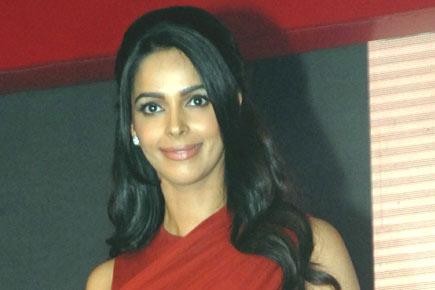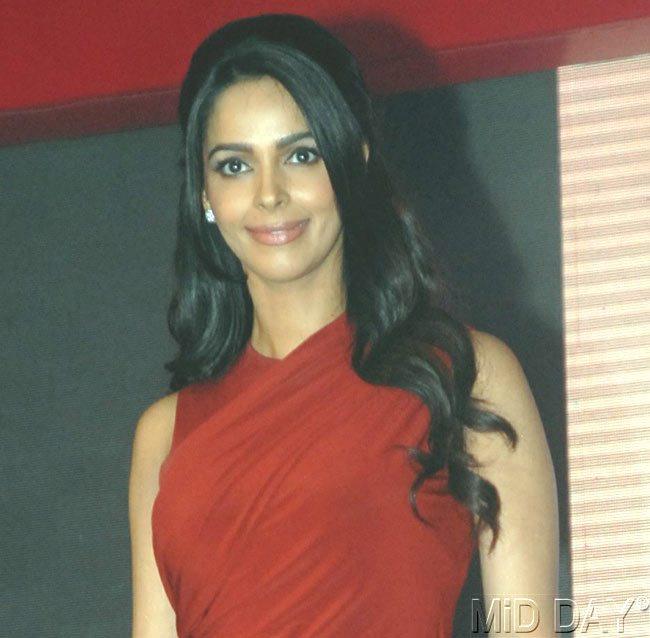Bollywood actress Mallika Sherawat highlighted the sufferings of women in India at the 65th United Nations DPI/NGO Conference, saying strong implementation of laws is required and men should be part of the solution to end discrimination against women.

Mallika Sherawat
Bollywood actress Mallika Sherawat highlighted the sufferings of women in India at the 65th United Nations DPI/NGO Conference, saying strong implementation of laws is required and men should be part of the solution to end discrimination against women.
ADVERTISEMENT

Mallika Sherawat. Pic/Sameer Markande
"Every minute we do nothing, there is a woman suffering abuse in India. They do not have the luxury of time," Sherawat said here at a roundtable discussion on 'Fighting Inequalities Economic, Social, Political and Environmental' during the ongoing 65th UN DPI/NGO Conference.
The 39-year-old actress cited estimates by the National Crime Records Bureau (NCRB) that said a woman is raped somewhere in India every 20 minutes and that India has a very high incidence of child brides. She said "caste system, male-dominated patriarchal society and the insensitivity of the judicial system" contribute to a woman's plight in India and strong laws are required to deal with atrocities against women.
"Strong implementation of the legal framework, having a strong judicial system that deals with issues sensitive to women" is the need of the hour, she added. She said for India to realise its full potential, the women of the country have to be empowered and crucial problems of rape and child marriage have to be urgently addressed. "India cannot realise its full potential if women do not rise along.
Men have to part of the solution. We cannot leave men behind. Both men and women are in this together... This creates true empowerment when everyone gets an equal chance," she said.
The roundtable brought together civil society members from across the world who discussed how inequalities can be arrested and reversed through effective advocacy and just public policies.
In addition, the discussion examined the need for participatory and robust accountability frameworks, including disaggregated targets, in all global partnerships. The theme for this year's conference, a joint effort between the UN Department of Public Information (DPI) and the Executive Committee of NGOs associated with DPI, is '2015 and Beyond: Our Action Agenda'.
Civil society talked about the future global development agenda that will point the way forward on a range of issues such as eradicating poverty, eliminating hunger and combating disease. The conference would focus on areas of poverty eradication, sustainability, climate justice, human rights and partnerships and accountability frameworks.
 Subscribe today by clicking the link and stay updated with the latest news!" Click here!
Subscribe today by clicking the link and stay updated with the latest news!" Click here!






